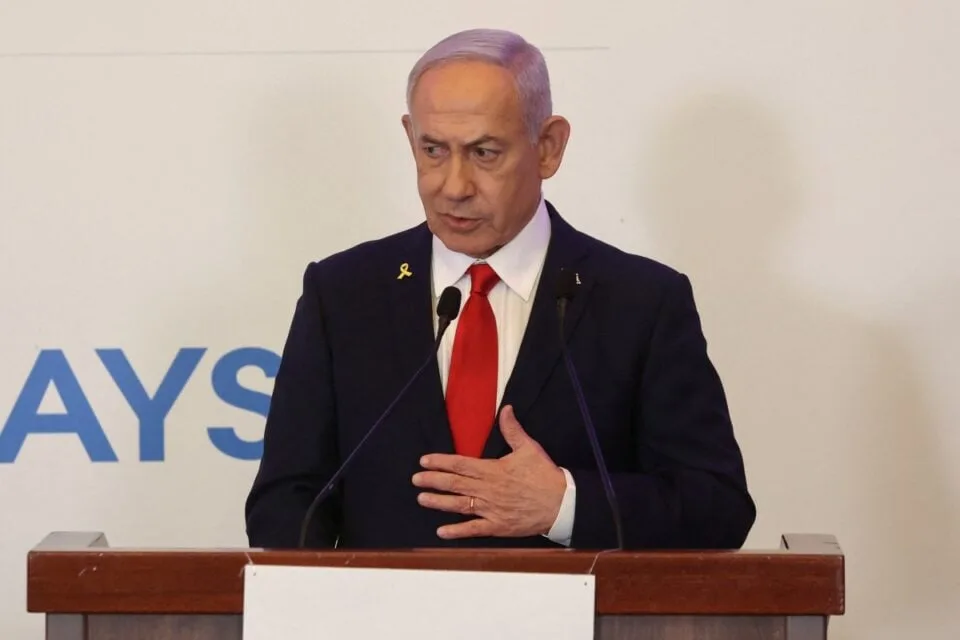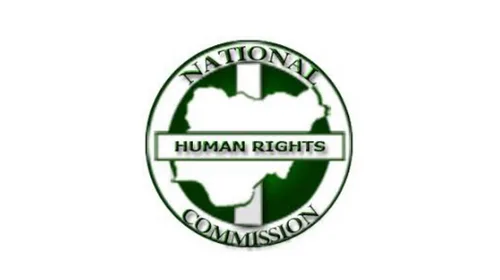President Bola Tinubu has requested the National Assembly’s approval for a new external loan of $2.3 billion, alongside plans to issue a $500 million sovereign Sukuk—Nigeria’s first foray into the international Islamic finance market.
The request, contained in a letter read by Speaker Tajudeen Abbas during Tuesday’s House of Representatives plenary, aligns with Sections 21(1) and 27(1) of the Debt Management Office (Establishment) Act, 2003.
According to the President, the borrowing plan aims to fund the 2025 Appropriation Act, refinance maturing Eurobonds, and broaden Nigeria’s debt instruments to include Islamic finance options.
Tinubu explained that the 2025 fiscal framework projects a total of $9.27 billion in new borrowings to bridge the budget deficit, with $1.84 billion expected from external sources based on an exchange rate assumption of ₦1,500 to the dollar.
He noted that the proposed borrowing would be raised through a mix of Eurobonds, syndicated loans, bridge financing, or multilateral direct loans, depending on market conditions—an approach designed to optimise cost and mitigate risk.
A significant component of the plan involves refinancing Nigeria’s $1.118 billion Eurobond, issued in 2018 at a 7.625% coupon rate and due in November 2025.
“This is a standard practice in debt capital markets,” Tinubu wrote. “Refinancing through Eurobonds or syndicated loans will ensure debt sustainability and strengthen investor confidence.”
The President stressed that refinancing maturing debts is a normal aspect of fiscal management and essential to preserving Nigeria’s financial credibility.
He also disclosed plans to issue a $500 million sovereign Sukuk in the international market, following the success of domestic Sukuk programmes that have mobilised ₦1.39 trillion since 2017 for key infrastructure projects, particularly major road construction.
Tinubu explained that the international Sukuk would bridge Nigeria’s infrastructure funding gap while diversifying its investor base. To bolster investor confidence, the government is exploring a credit enhancement guarantee from the Islamic Corporation for the Insurance of Investment and Export Credit (ICIEC), a member of the Islamic Development Bank Group.
“If the ICIEC credit guarantee is secured, 25% of the proceeds will go toward repaying high-interest debts, while the remainder will fund identified infrastructure projects,” the President stated.
He assured lawmakers that the Federal Ministry of Finance and the Debt Management Office would work with reputable transaction advisers to negotiate favourable pricing and terms amid current global market volatility.
Tinubu expressed optimism that Nigeria’s reputation as a credible borrower in the international capital market would attract investor trust and ensure prudent fiscal management.
The fresh loan request comes at a time when Nigeria is contending with a large budget deficit and a complex debt portfolio. As Africa’s largest economy, the country continues to balance its drive for infrastructure-led growth with the need to maintain debt sustainability.
Analysts believe the move reflects a pragmatic approach to managing inflation, exchange rate fluctuations, and high global interest rates. They also note that extending Nigeria’s successful domestic Sukuk model to international markets could boost the nation’s credit profile and reduce reliance on conventional borrowing.
The inclusion of the ICIEC guarantee, they add, could help lower borrowing costs and attract a wider pool of investors, while allocating part of the proceeds to retire expensive debt signals a strategic and cautious debt management plan.
Tinubu Seeks National Assembly Approval for $2.3bn Fresh Loan.





